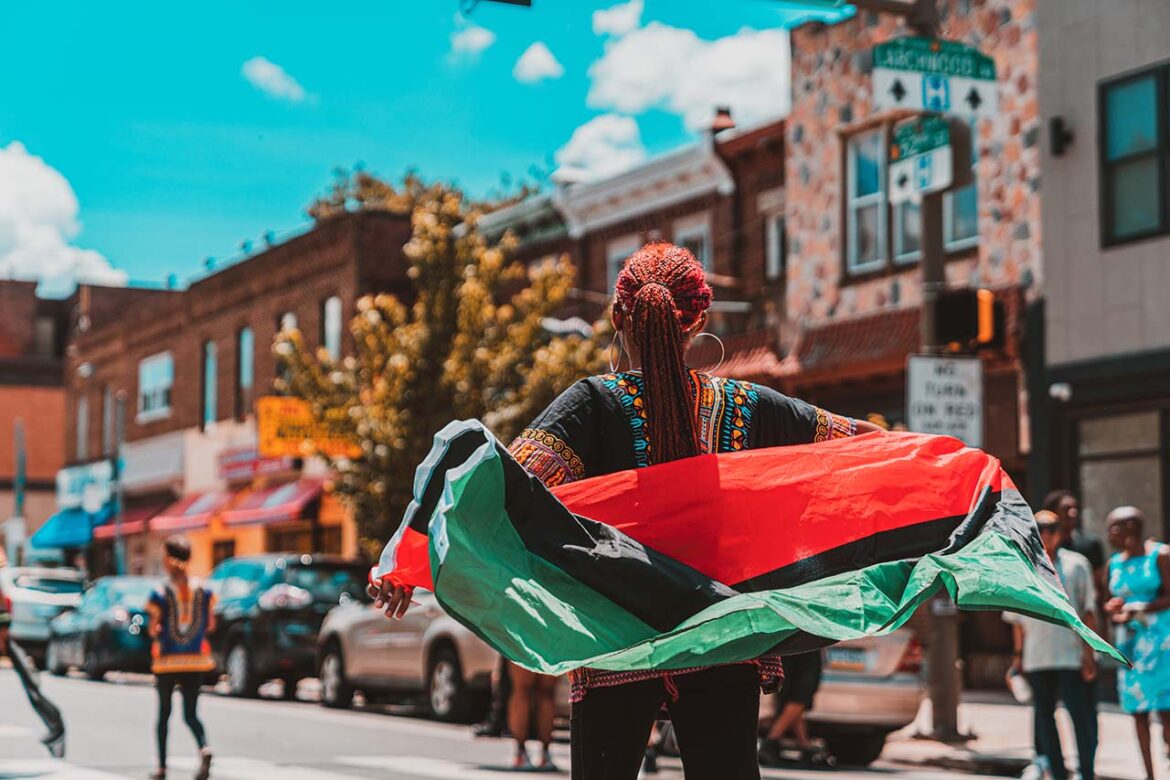Juneteenth, a significant date in American history, holds great importance as a commemoration of the emancipation of enslaved African-Americans. This day serves as a powerful reminder of the struggles endured, the progress made, and the ongoing pursuit of equality and justice. In this editorial blog post, we delve into the history and significance of Juneteenth, exploring its origins and the continued relevance it holds in our society.
A Historic Milestone:
On June 19th, 1865, Major General Gordon Granger arrived in Galveston, Texas, and issued General Order No. 3, which declared freedom for the enslaved African-Americans in the state. This announcement marked the final realization of freedom, coming two and a half years after the Emancipation Proclamation was signed. Juneteenth became a beacon of hope, symbolizing the end of slavery in the United States.
Resilience and Celebration:
Juneteenth is a day of commemoration and celebration, recognizing the resilience and strength of African-Americans throughout history. From its early roots in Texas, Juneteenth celebrations have grown to encompass various traditions and activities. Festivities include community gatherings, parades, music performances, family reunions, and sharing traditional foods. These celebrations serve as a testament to the enduring spirit and cultural heritage of African-Americans.
Educating and Reflecting:
Beyond the celebrations, Juneteenth also offers a valuable opportunity for education and reflection. It encourages us to delve deeper into the history of slavery, the long-fought struggle for civil rights, and the ongoing quest for true equality. By acknowledging the past and learning from it, we can strive to create a more inclusive and equitable society.
The Journey Towards Recognition:
While Juneteenth has been celebrated by African-American communities for generations, broader recognition and observance of the holiday have gained momentum in recent years. Efforts to establish Juneteenth as a federally recognized holiday have gained support, with an increasing number of states officially acknowledging it. This recognition signifies a growing national understanding of the importance of honoring and preserving the history and heritage of African-Americans.
A Call for Continued Action:
Juneteenth stands as a reminder that the work towards racial equality is far from complete. It serves as a call to action, urging us to address systemic injustices and work towards dismantling the barriers that hinder true freedom and equality. Juneteenth serves as a catalyst for open conversations, empathy, and understanding, fostering a collective commitment to building a more just and inclusive society for all.
Conclusion:
Juneteenth holds deep historical significance and serves as a powerful reminder of the journey towards freedom and equality in the United States. It is a day to honor the resilience of African-Americans, celebrate their cultural heritage, and reflect on the ongoing fight for justice. As we commemorate Juneteenth, let us strive to create a society where freedom, equality, and respect are the cornerstones of our shared future.
To donate to ONFA, click here.


